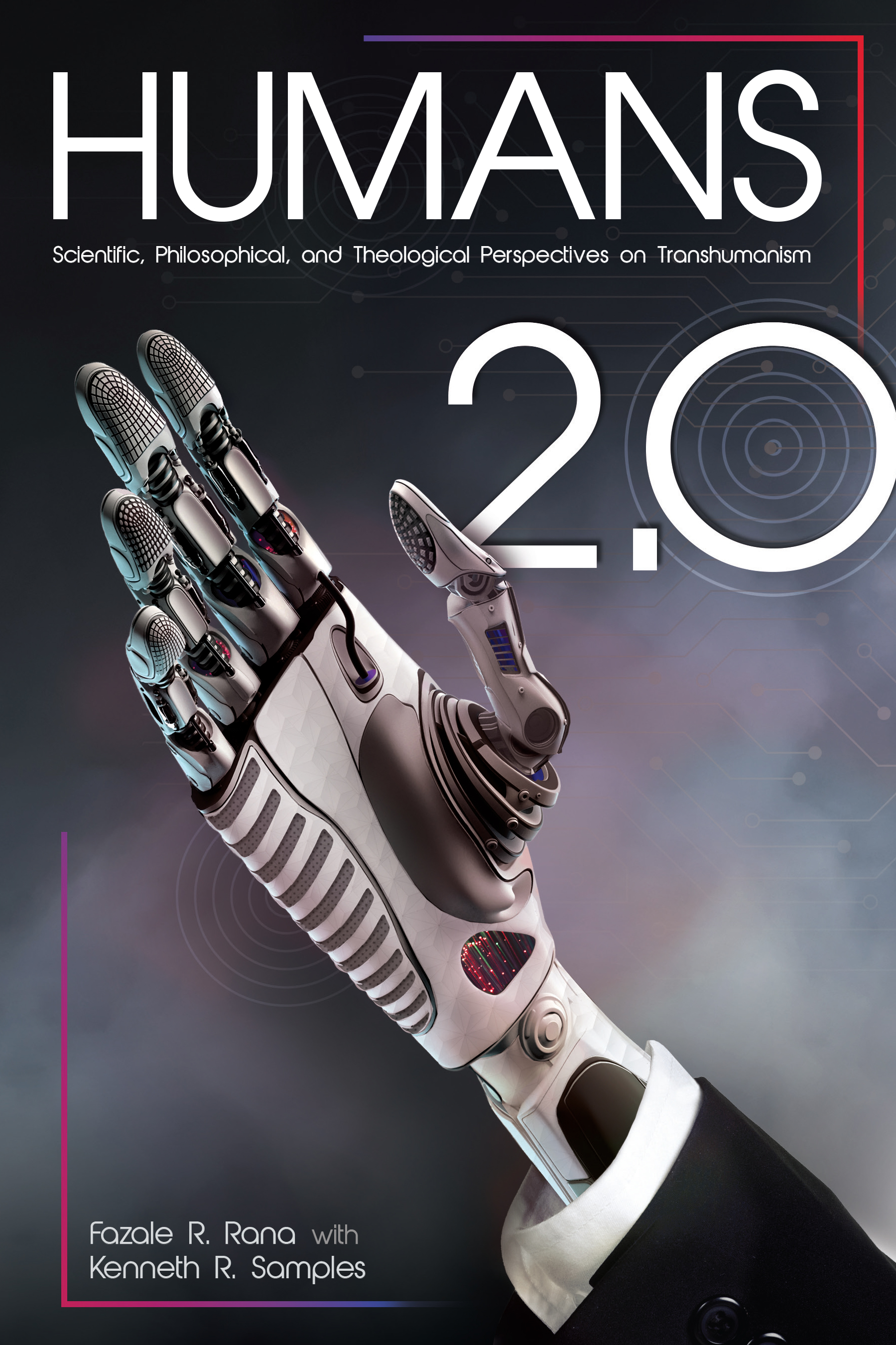I found Humans 2.0 to be a compelling survey of the recent advancements in technologies that have the potential to redefine who we are as human beings. While the technical details were fascinating, I found the discussions of the moral "oughtness" to be an important part of the book. In other words, just because we can, should we? The authors bring together their expertise and experiences from years of interactions with scientists in a variety of fields via their association with the science-faith think tank, Reasons to Believe. Fazale "Fuz" Rana has a background in biochemistry and biophysics, while Ken Samples is a prolific author and speaker on philosophy and religion. Together they have provided thought provoking insights into the coming transhumanism revolution and its potential to impact each of us.
While weaving in examples using the superheroes we grew up with, such as Iron Man, the book covers advances like human gene editing, brain-machine interfaces (BMI), artificial intelligence (AI), extension of lifespans, and the ethical and moral implications of these new technologies. The potential for great advances in improving the human condition is undeniable. However, as Spiderman's uncle stated, "With great power comes great responsibility". This book suggests that questions need to be asked, like: "Will we lose control?" or "Will it be used for evil or even personal, selfish gain?" Also, it raises questions about who gets access to the benefits, and whether or not it would be equitable and just. This book got me wondering if technology can save us and open a path to a utopia like the transhumanists envision, or will human nature corrupt the potential and bring about more evil and suffering.
The authors give detail on the various emerging biotechs and provide commentary on some of the promises and dangers. For example, these are a few of the topics discussed. Direct gene editing through the CRISPR-Cas9 has the potential to correct genetic defects or improve the genome, but there are questions about the long-term effectiveness and/or consequences to future generations. Brain-machine interfaces hold great promise to help people with neuro-muscular issues, including paralysis and stroke victims, to function better, but there is also a danger of techno-dependency or even loss of what it actually means to be human, if misused. There is optimism that we can potentially extend our lifespans, or even postpone death indefinitely, but what would the consequences be to our society and future generations. We already have forms of artificial intelligence, but would more advanced AIs be like us, be our saviors/mentors, or could they even replace us?
The authors discuss at length the therapeutic use of these technologies in contrast to their potential use for human enhancement. They develop a moral framework by which to judge the usage of these advances, and contrast that with those derived from a strictly humanistic worldview. They demonstrate the weaknesses of a relativistic moral framework vs. one built upon objective truths, such as those found in theism. Ultimately one wonders whose ethics will be used and what those decisions will be based on. Is it enough to just compare risk vs. reward? What about unintended consequences or accidents that could affect future generations? How about human rights vs. our duty to society and humanity as a whole? I really liked the fact that each chapter ends with these kinds of thoughtful questions.
This quote from the book really jumped out at me. If the transhumanism vision succeeds, then "We may think we will save humanity by creating a posthuman world, but what we end up saving won’t be us". I wonder if this truly would be a world that we should strive for. My big takeaway is, "Not only can we, but should we?" As a Christian who has been involved in science apologetics for many years, I found this book helpful as a step forward in our conversation as we engage our culture about what it means to be human.

